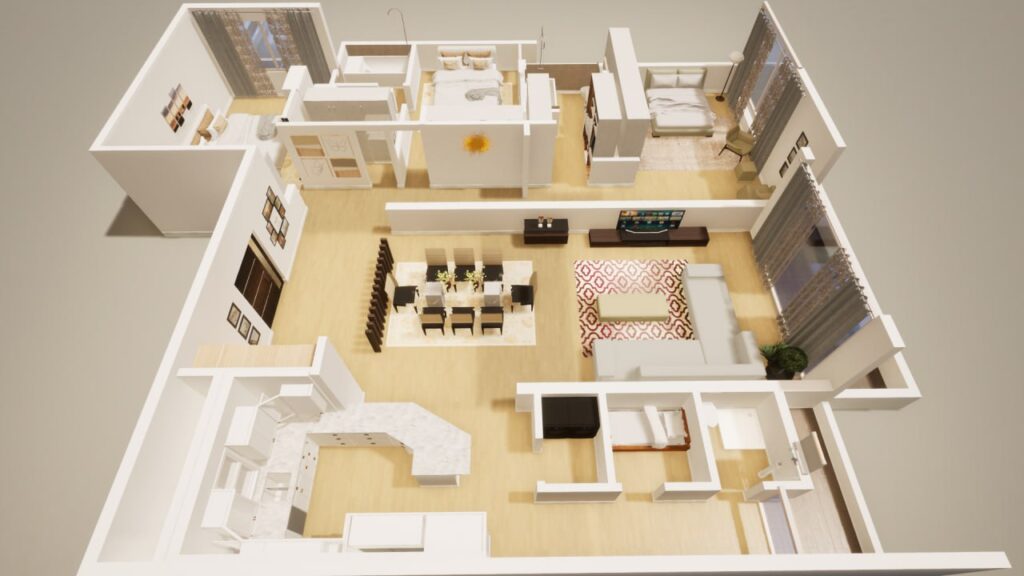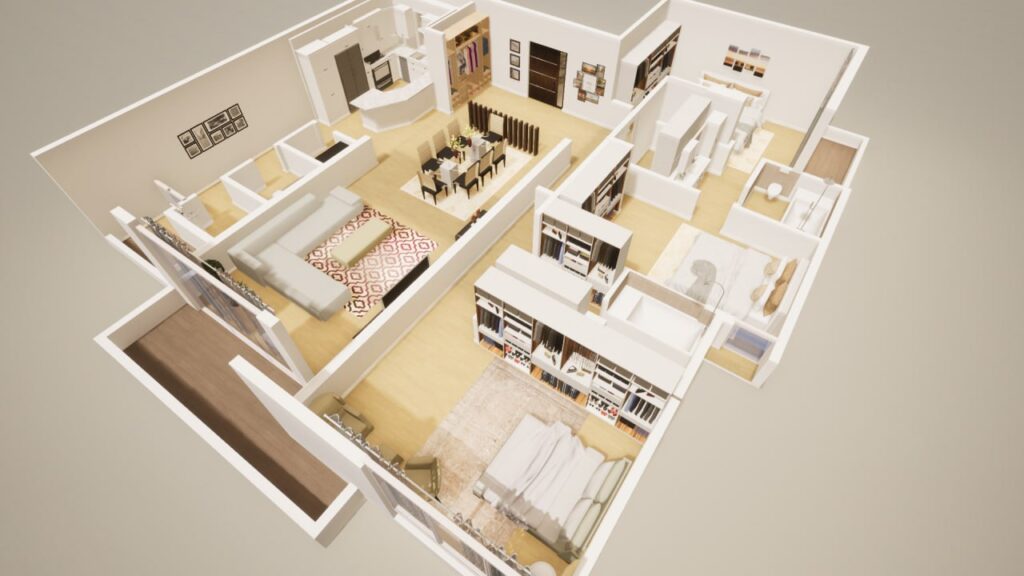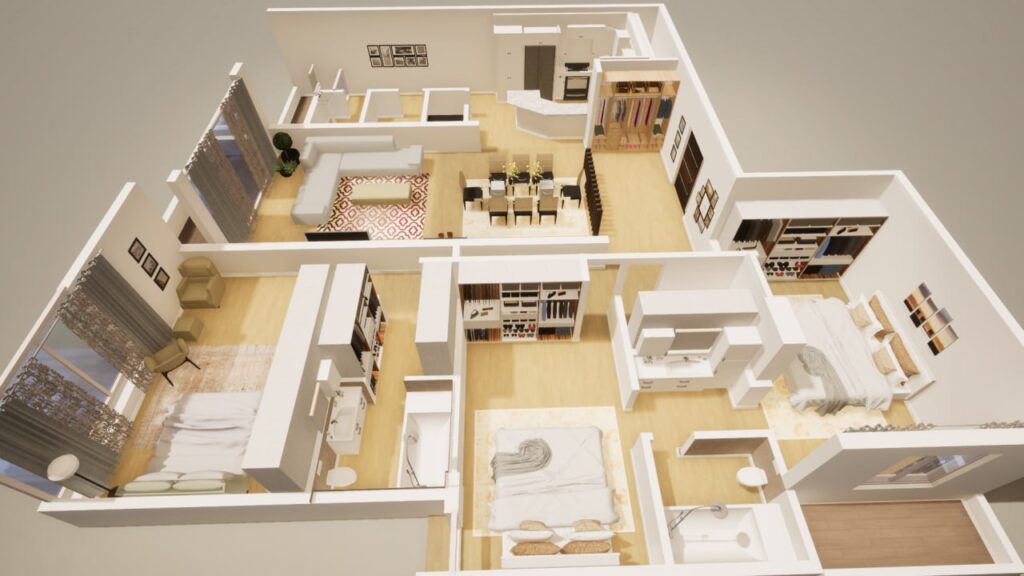Introduction
Addressing the housing needs of various segments of society remains one of the significant challenges in urbanization. City governments often struggle to meet the demand and supply of housing, posing management challenges. While the government has made efforts to provide housing, traditional approaches like self-help housing cooperatives have their limitations, such as low density, extensive land consumption, and displacement of farming communities, resulting in unemployment and limited development benefits. Despite these efforts, the rapid growth of urban population and the demand for housing continue to pose significant problems in cities like Makelle and other regions.
According to the 2015 study conducted as part of the Makelle structure plan, there was a backlog of 45,950 housing units and a demand for 6,505 new units (totaling 52,455 units). The study projected that the demand would reach 148,950 units to accommodate the urban population growth over the ten-year plan period. However, our company, Virtual Consulting PLC, while conducting urban design and governance projects for the city, discovered that the population projection underestimated the new population dynamics, resulting in double the city's population and consequently doubling the housing demand.
The socio-economic situation of the region has been significantly affected by the ongoing war in the past two years. Rebuilding the region's socio-economic development to pre-war levels requires strategic economic planning. As part of the economic recovery, housing construction plays a crucial role in delivering social and economic benefits. With this objective in mind, we have planned the Tigray Housing Project to inspire and engage the diaspora community in post-war reconstruction and economic recovery. The project aims to motivate diaspora Tegaru to contribute to the housing sector, fostering future participation in investments that bring financial and technical knowledge to the region.
Motivating the diaspora to own housing in Mekelle city would not only address the housing problem but also encourage their contribution to the post-war socio-economic development of the region.
Our Concept
As part of the post-war socio-economic reconstruction, our companies, Virtual Consulting PLC and Precession Consulting LLC (based in the US), have initiated an effort to involve the diaspora Tegaru in housing construction. We have developed a conceptual planning for 5,000 to 10,000 modern apartments to assess the needs of the community. Once we determine the number of apartments required, we will collaborate with regional and city authorities to realize the project.
Our Role
Virtual Consulting PLC and Precession Consulting LLC play crucial roles in the Tigray Housing Project. We have developed a conceptual design and neighborhood planning, incorporating international and local best practices. These concepts will enable us to conduct housing needs assessments for the diaspora and develop design concepts. Upon completing the needs assessments, we will collaborate with regional and city authorities to ensure the housing project becomes a reality. Our responsibilities include:
Design
We have created a conceptual design and neighborhood plan based on initial assumptions to guide the needs assessment. Once the program is accepted by regional authorities and land is allocated for the project, we will revise the design and neighborhood plan and develop detailed engineering and construction documents.
Project Management
Having successfully completed a housing project of more than 8,500 units in Addis Ababa, Virtual Consulting PLC has expertise in project management. We will represent the housing developers in negotiating contracts, managing supervision, and overseeing contract management for the housing development. Our experience will ensure the project's successful execution.
Stakeholder Coordination
The housing development initiative involves various major stakeholders, including:
- Regional government and the City: Key players in addressing the housing problem in the region.
- Financial institutions: Partners for housing financing and foreign currency opportunities.
- Contractors: Crucial stakeholders for realizing a high-quality housing project and providing business opportunities.
To Register
To participate in the Tigray Housing Project, please follow these steps:
- Complete the registration form on the https://precessionsolutions.com/registration-form/ website.
- Submit a non-refundable registration fee of $300 online or via Zell using [email protected].
The registration fee covers services, conceptual planning, and detailed engineering and neighborhood infrastructure design fees once the land for the project is allocated by the relevant authority.
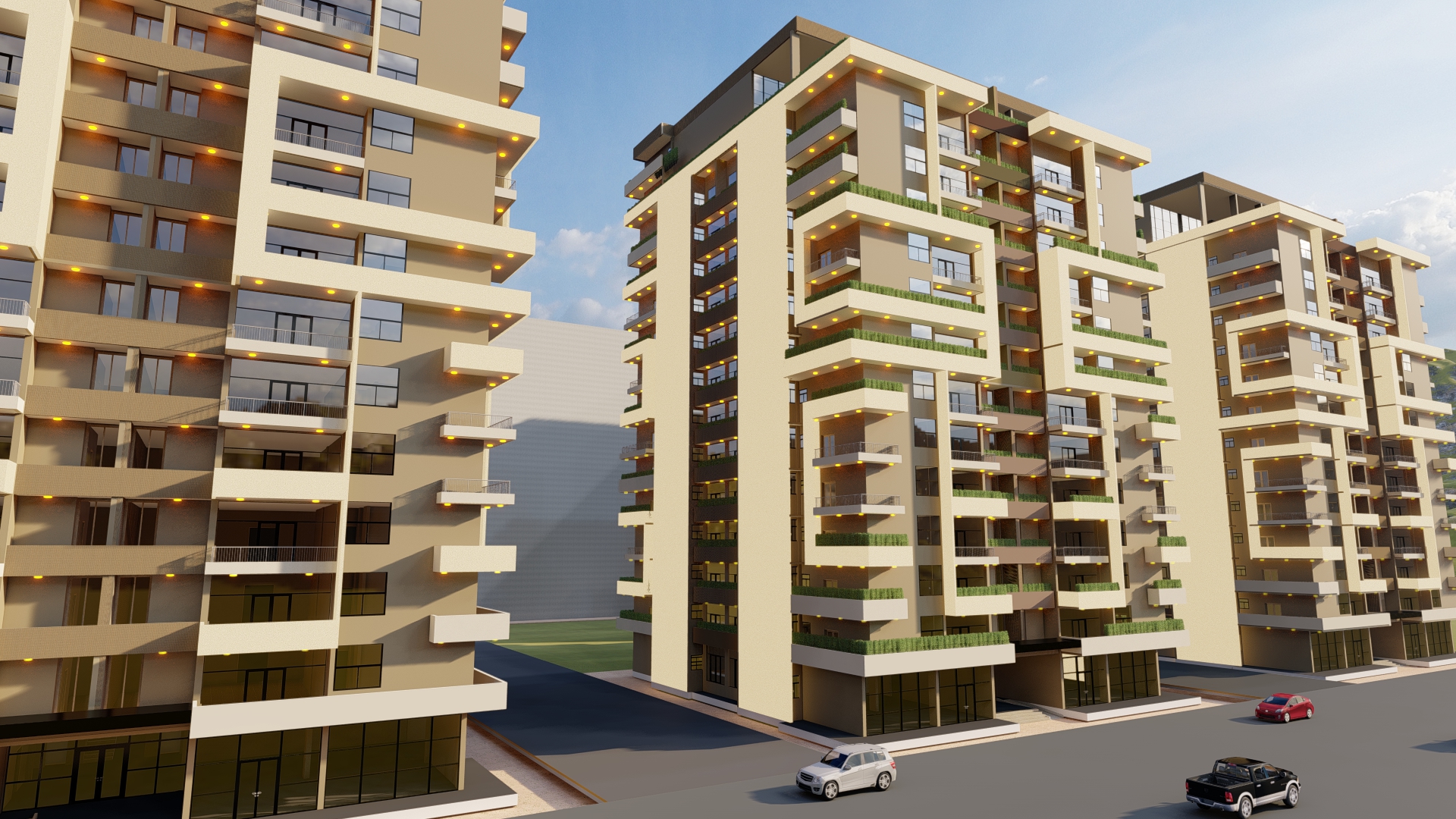
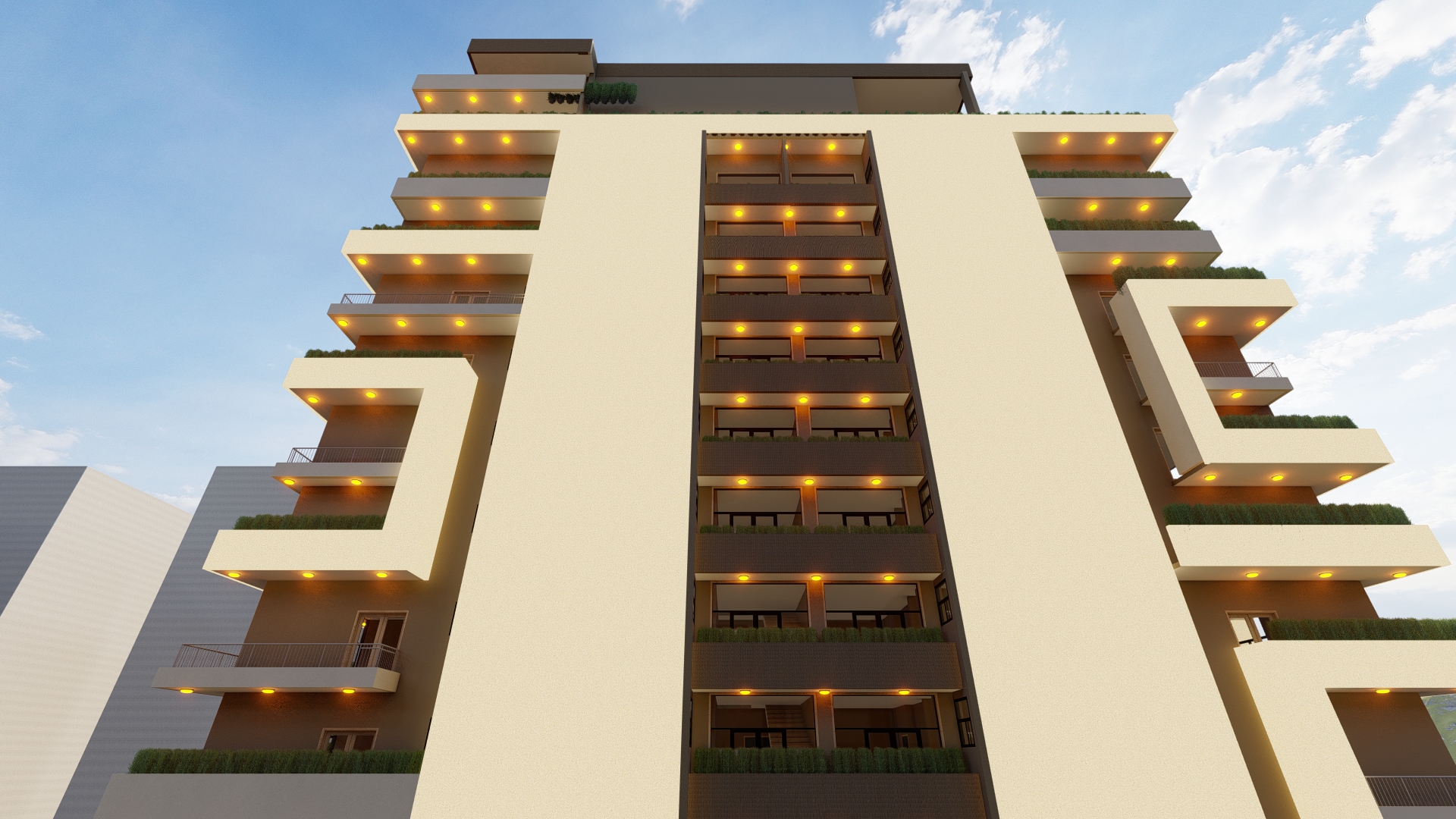
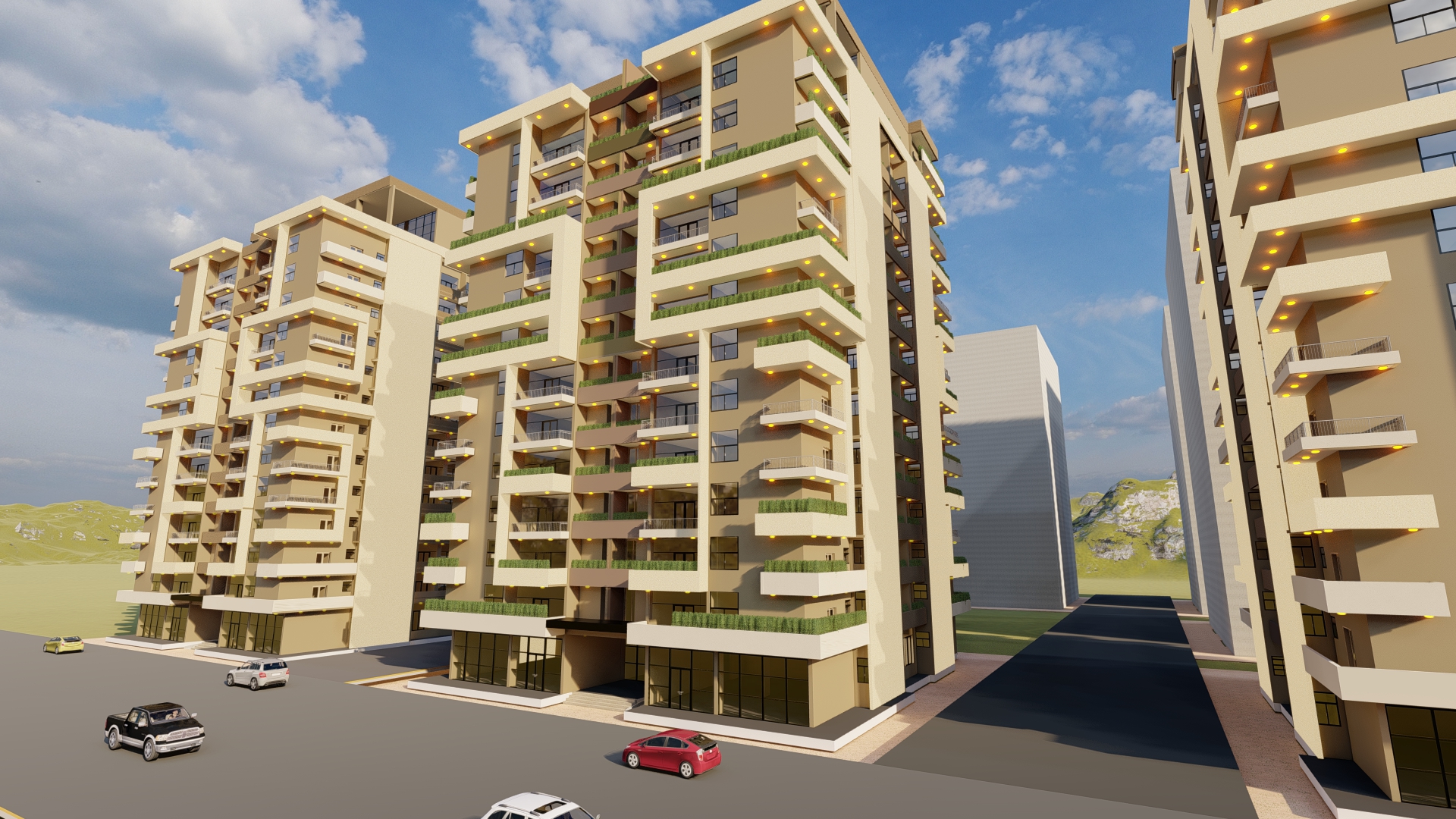
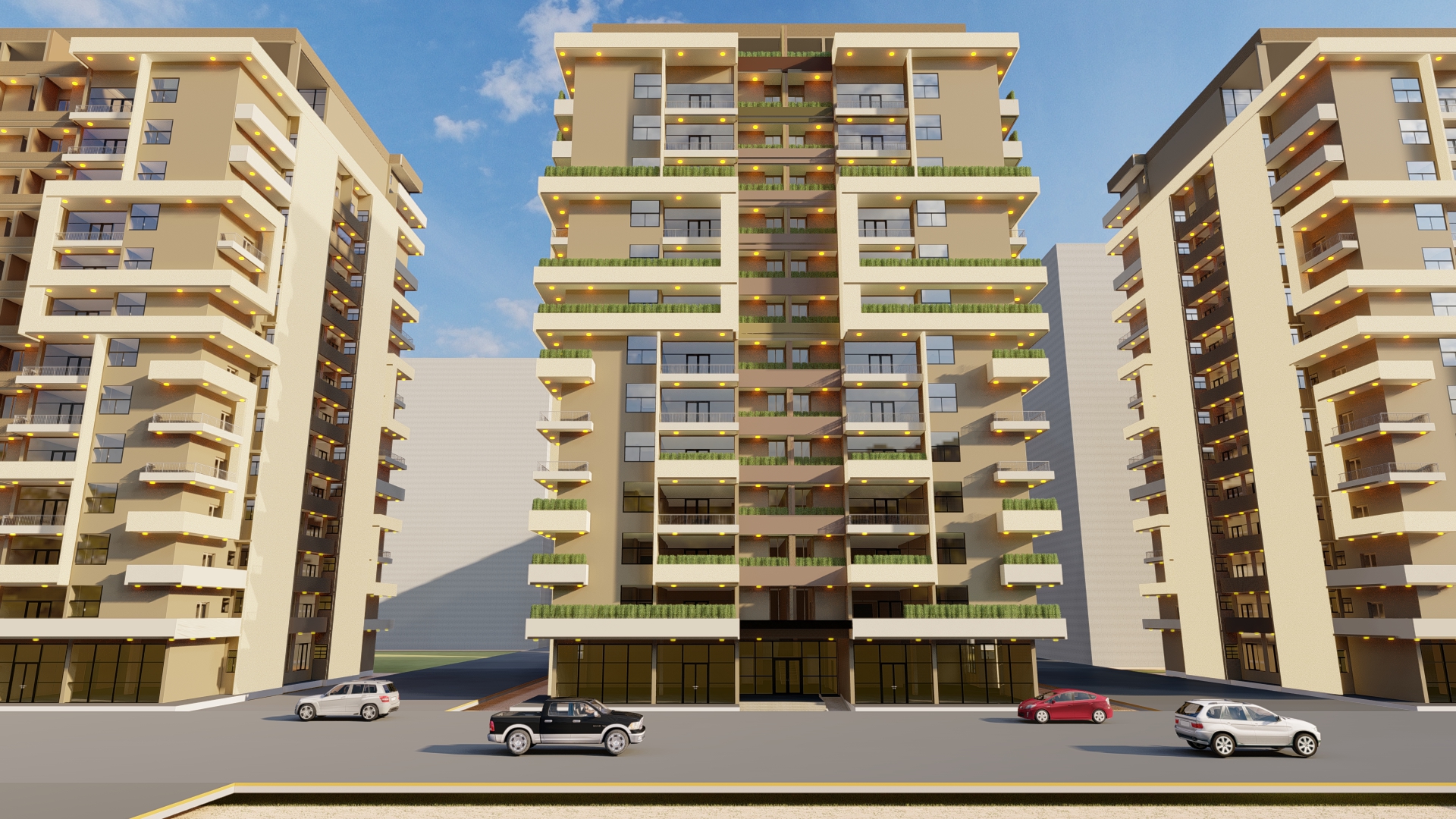
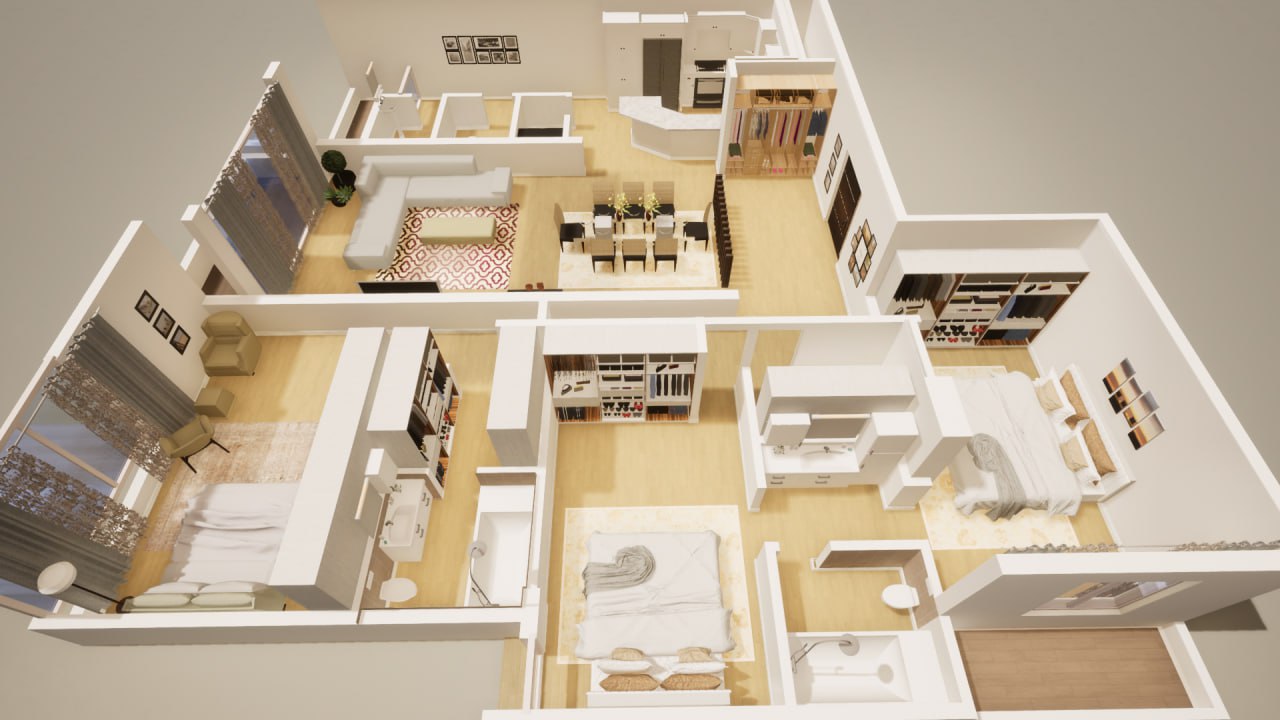
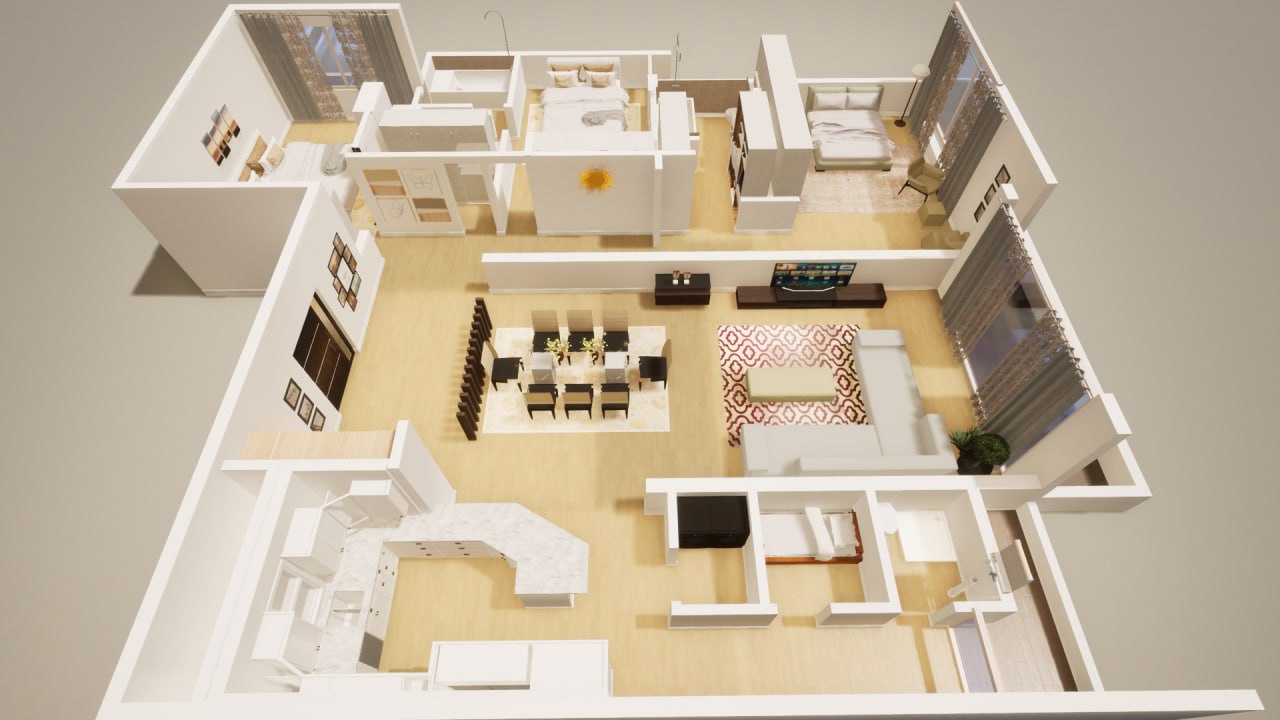
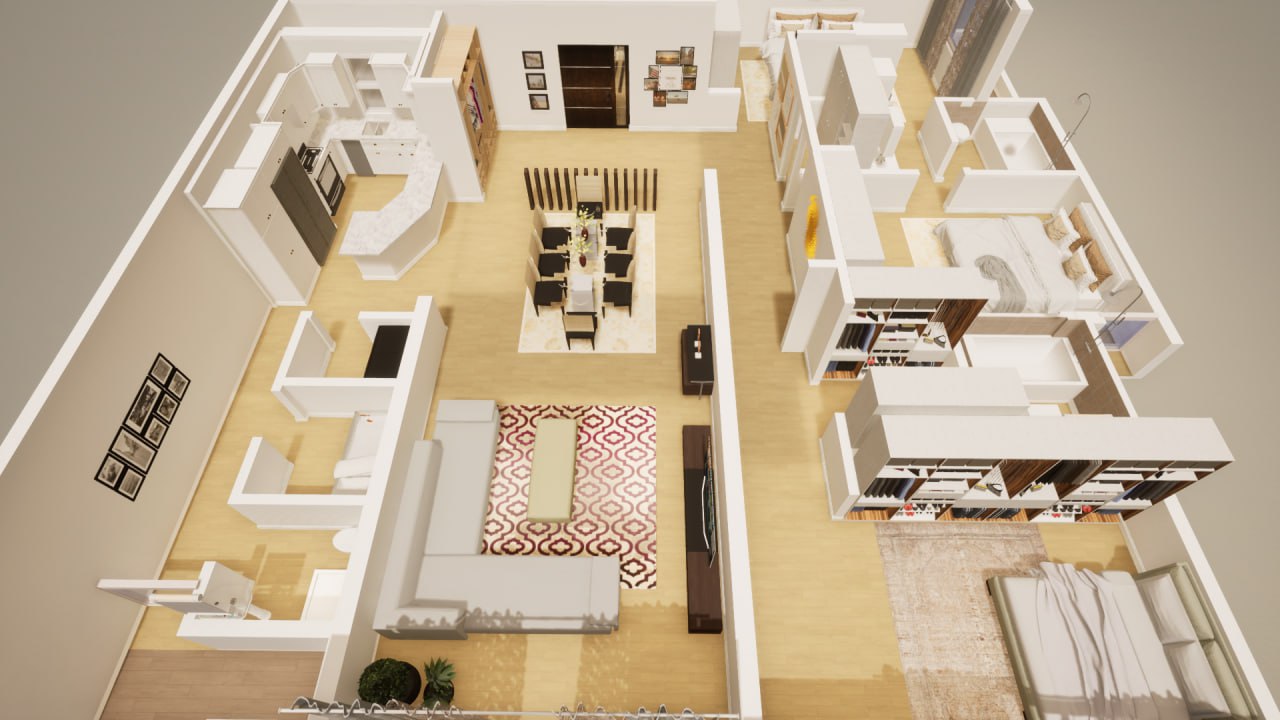
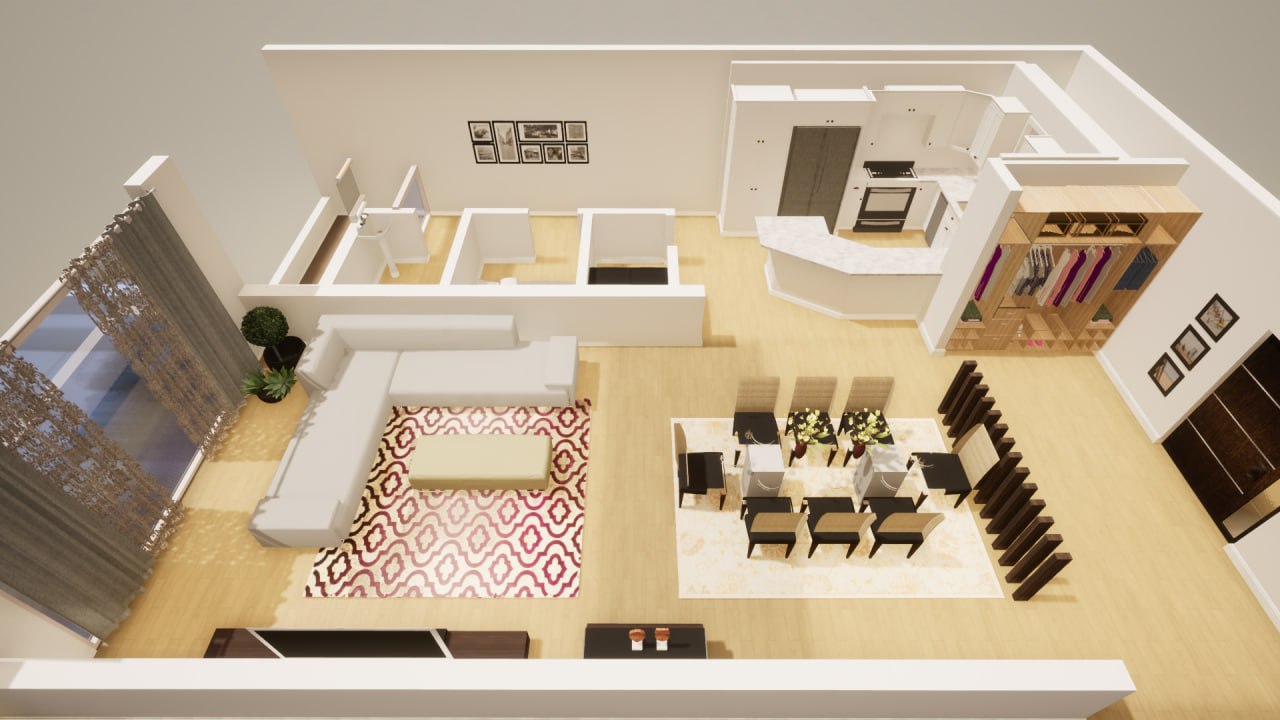
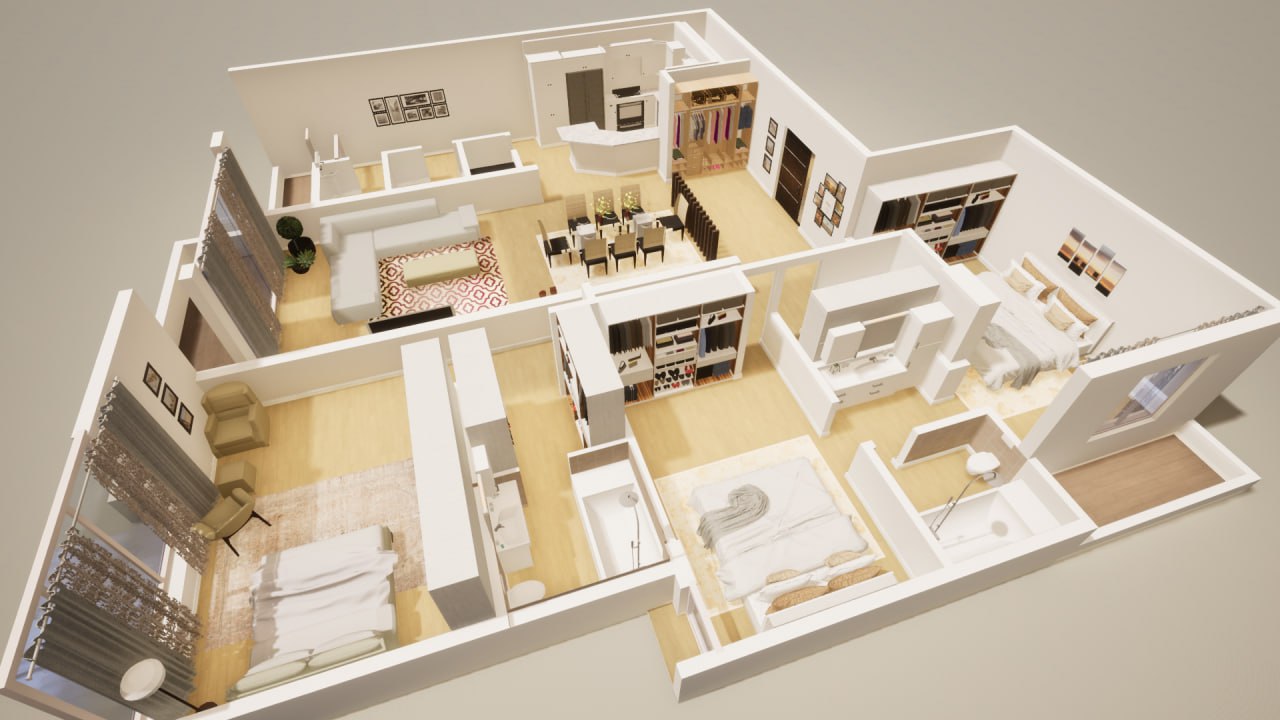
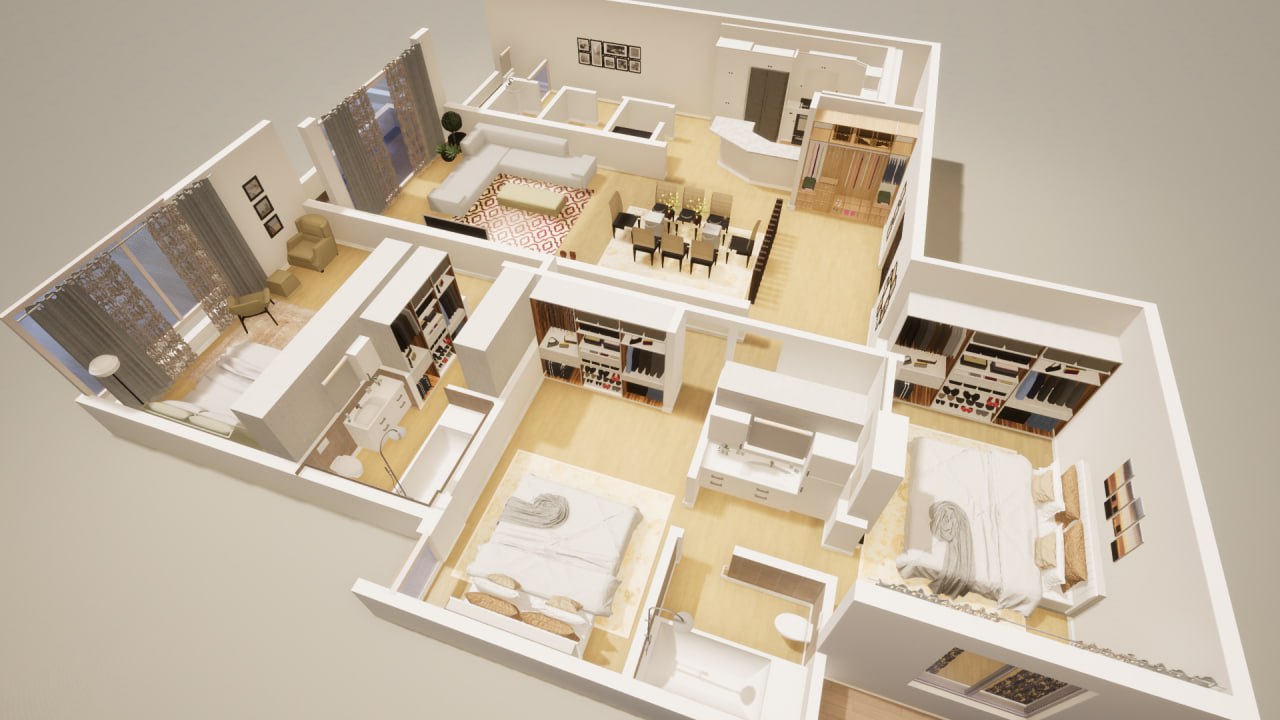
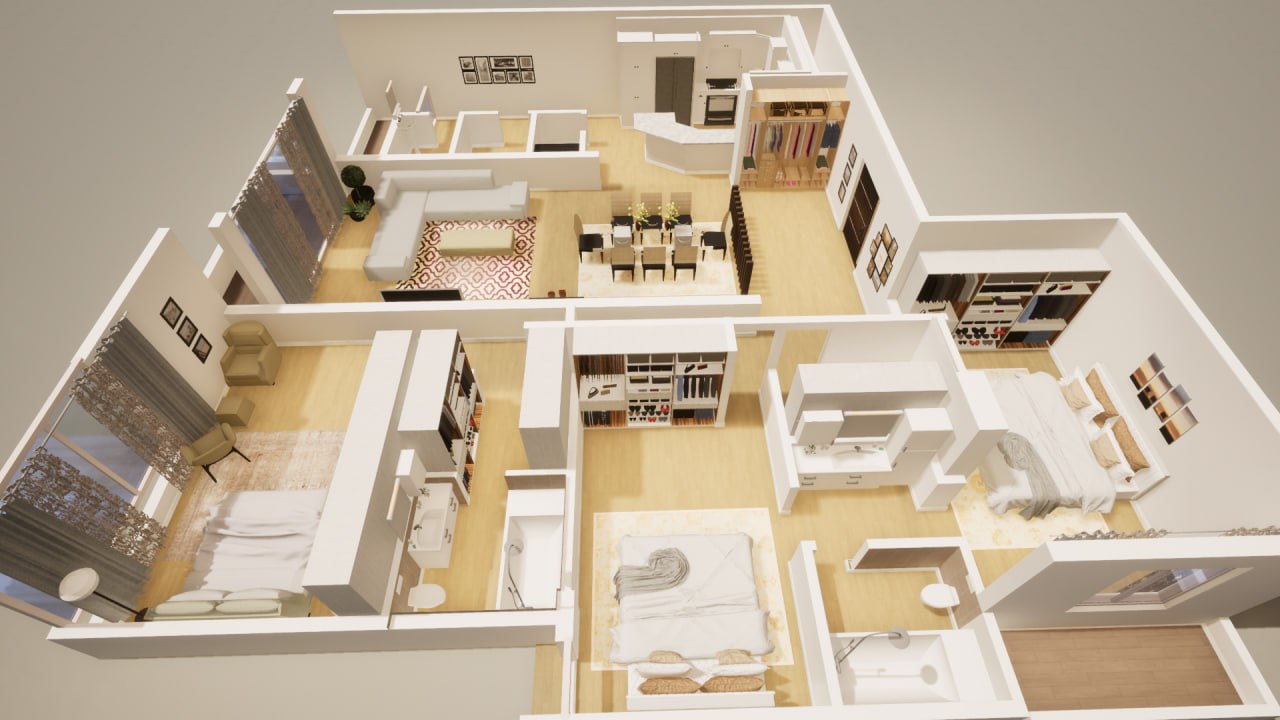
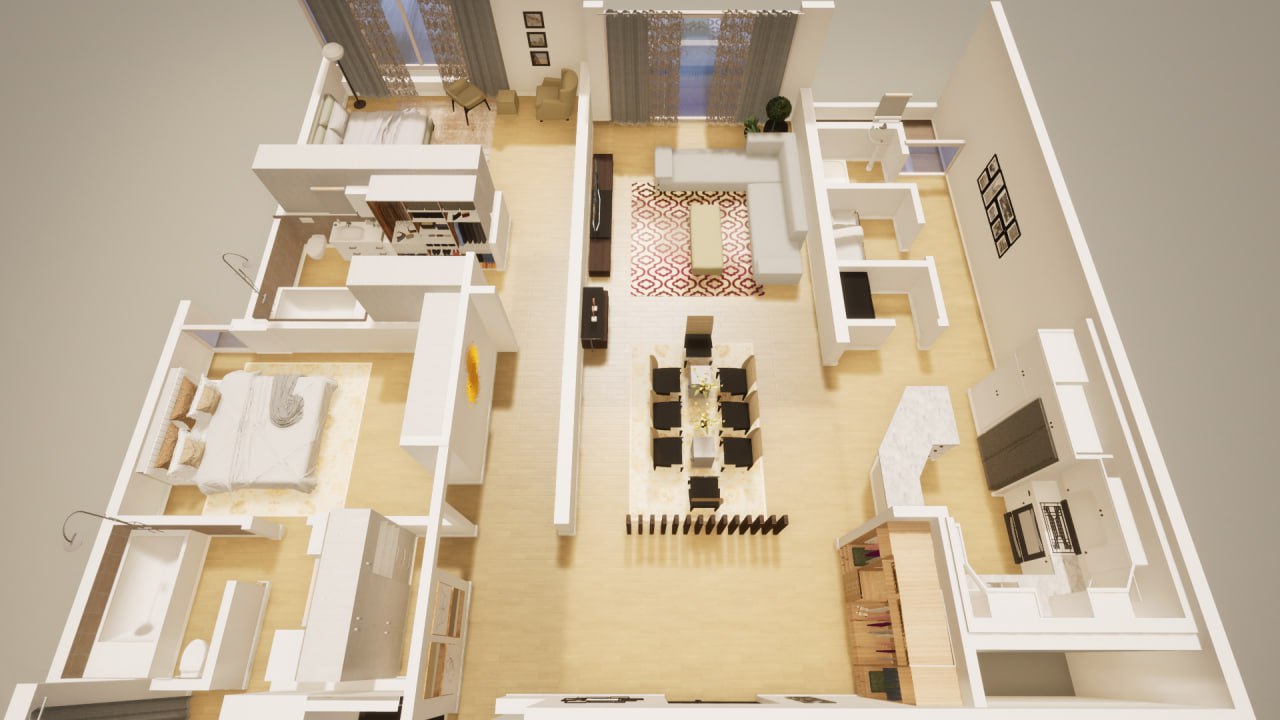
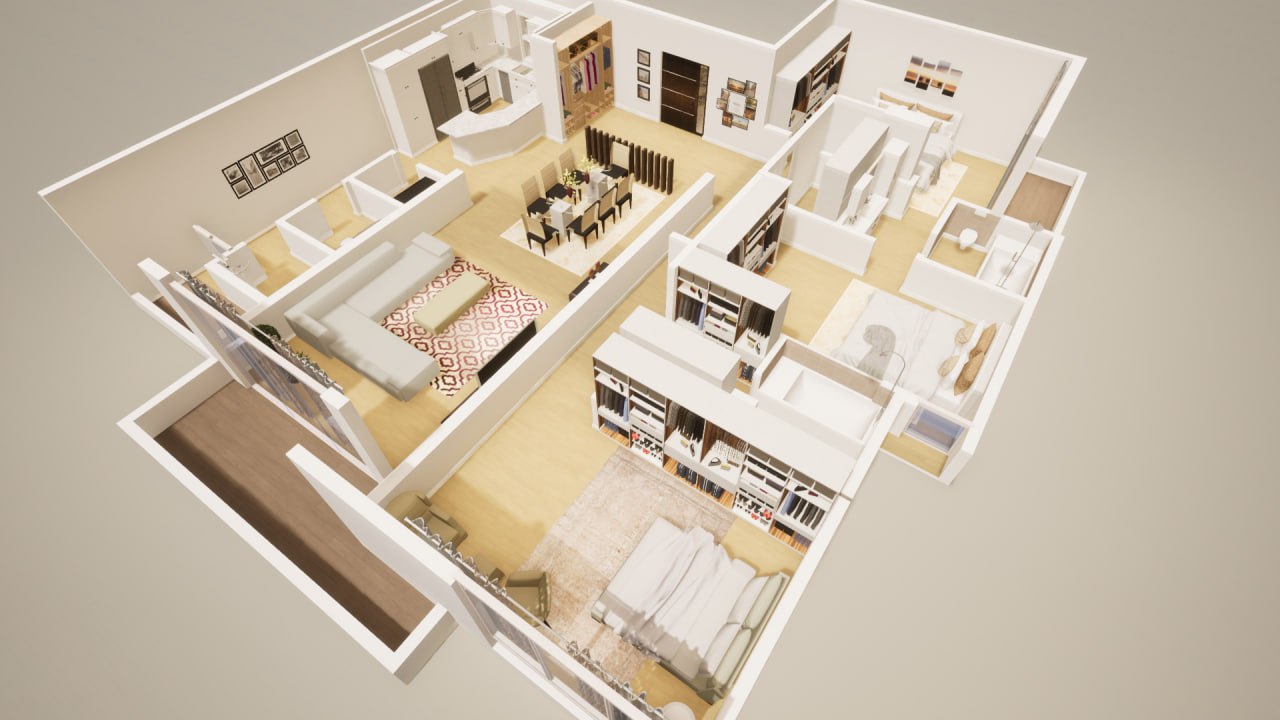
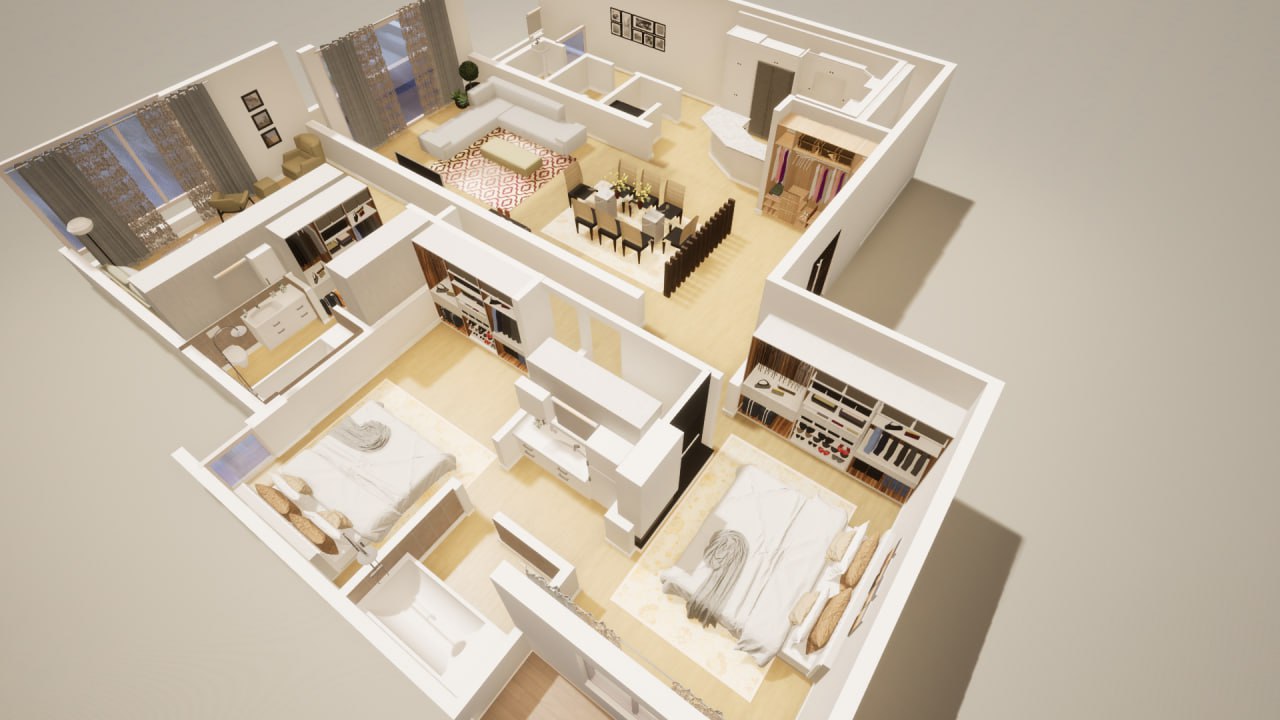
To participate in the Tigray Housing Project, please follow these steps:
- Complete the registration form on the https://precessionsolutions.com/registration-form/ website.
- Submit a non-refundable registration fee of $300
- Using online

- Using
 @
@
- Using online
Membership Registration Form
